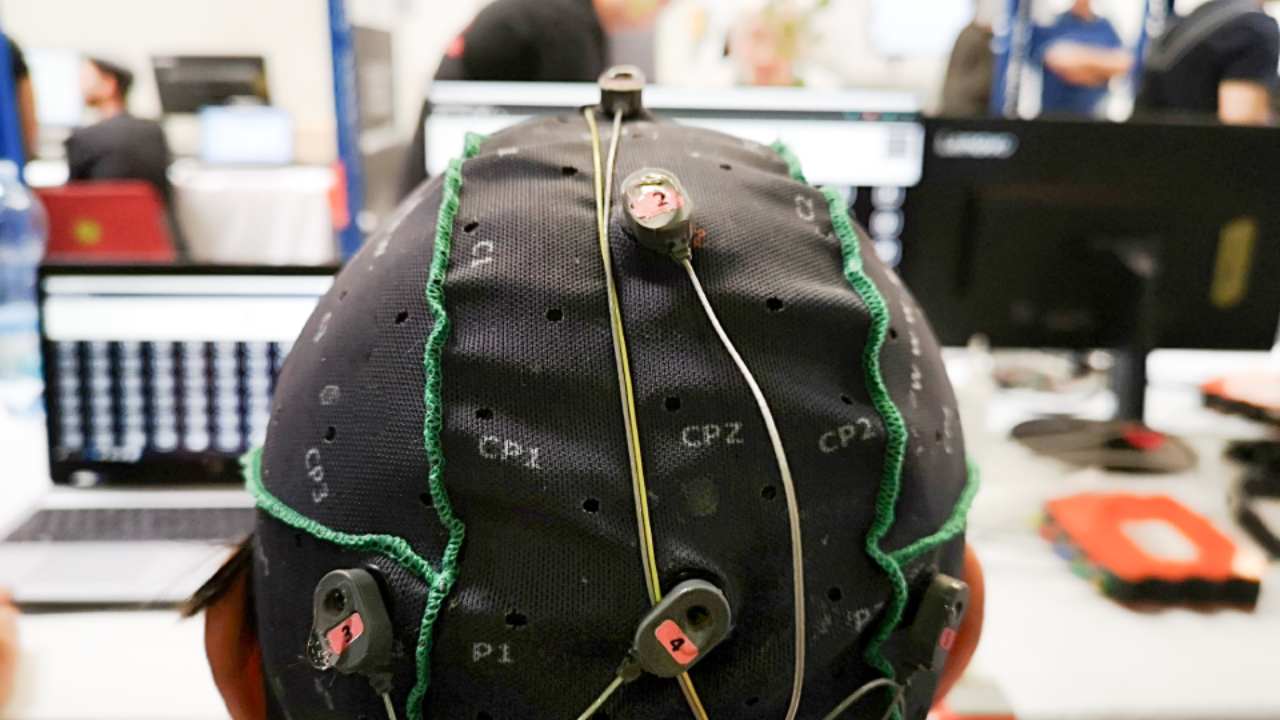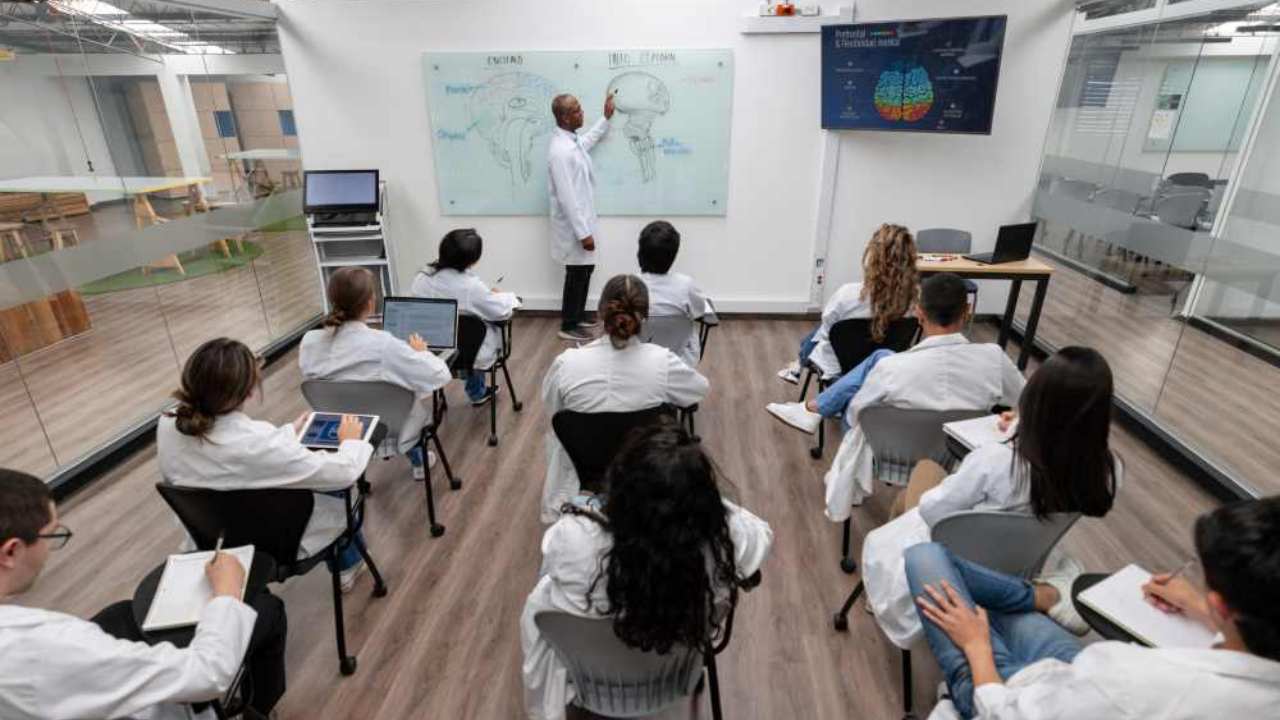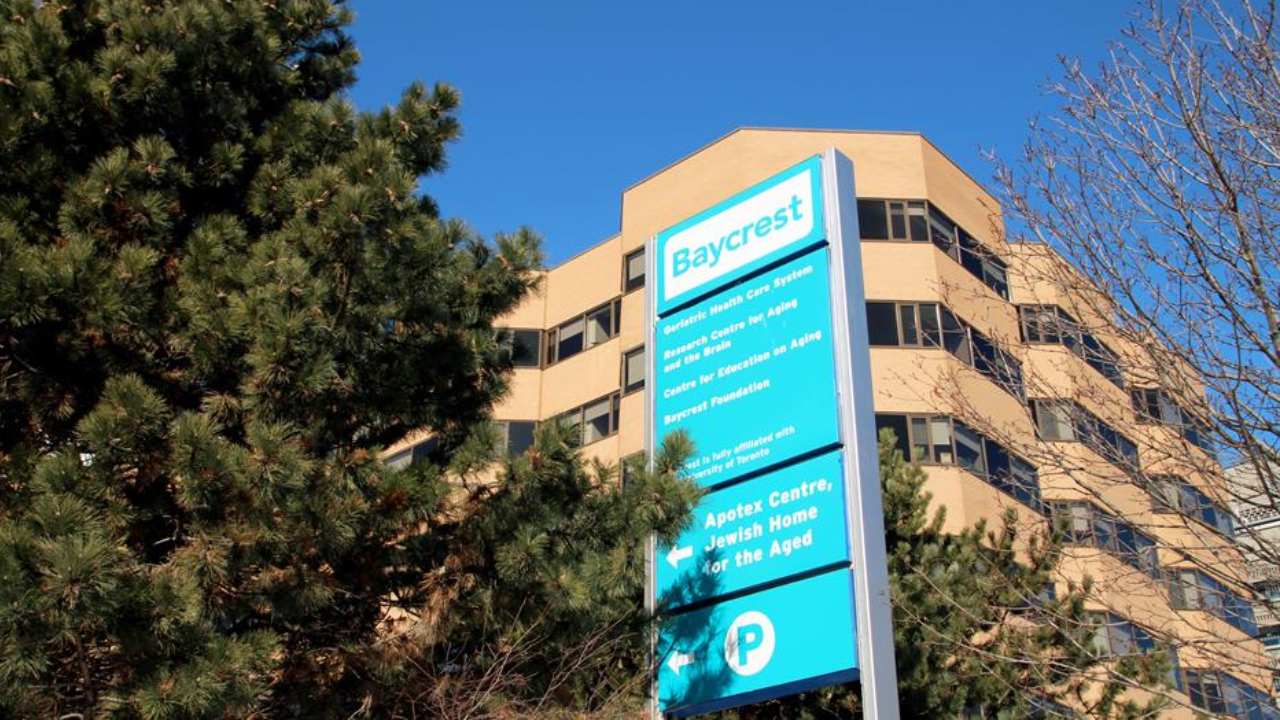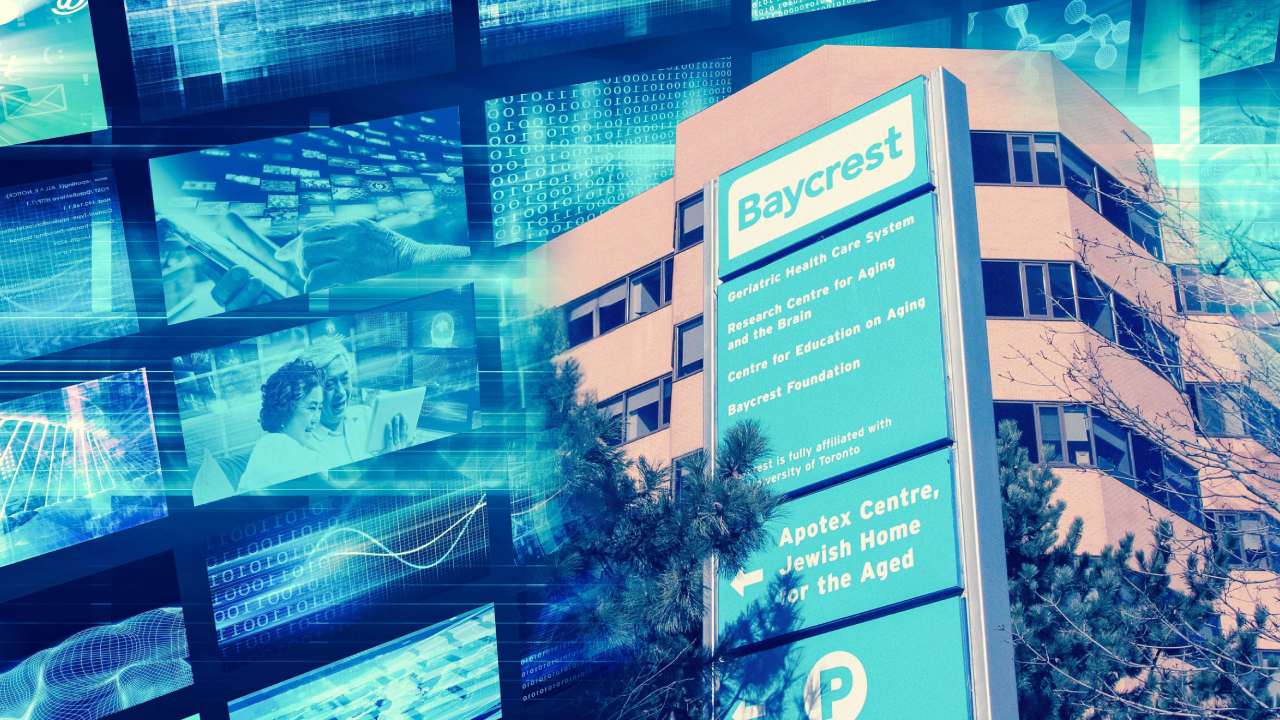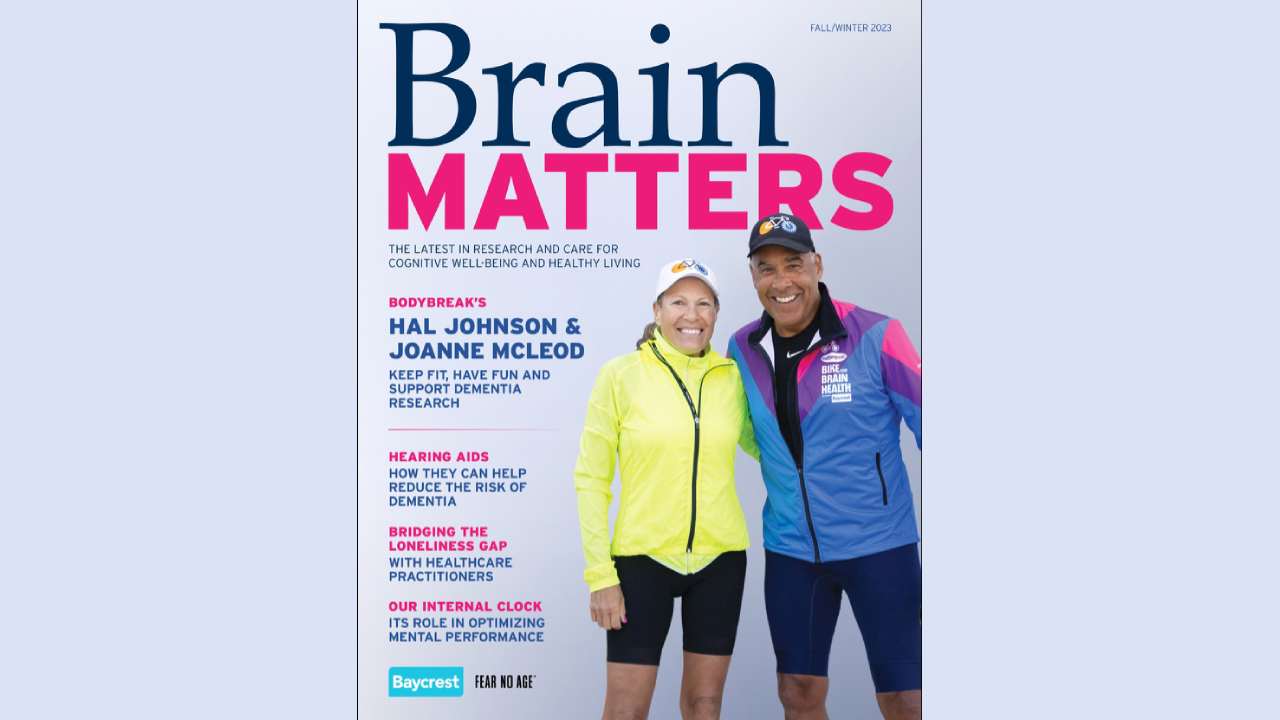5 Ways Music Benefits Cognition

Long after memories begin to vanish, music has the profound ability to awaken nostalgia, spark recognition, and restore a sense of self. For many, music isn’t just a key to the past, it’s a source of comfort, and can even be a path back to connection and identity. In this blog post, we’ll explore the extraordinary ways music therapy impacts the minds of affected by cognitive issues.
1. Sparks Memory and Emotional Recall
Music is a powerful trigger for long-term memory. Even when other memories fade, familiar songs can bring back vivid moments from the past—whether it’s a childhood lullaby, a wedding song, or a favorite tune from early adulthood. For individuals with dementia or Alzheimer’s, this can be one of the few ways to reconnect with their personal history and retrieve emotions from the past.
2. Enhances Communication
Music can unlock verbal and nonverbal communication, especially when language skills are impaired. Singing or humming along to music can activate language centers in the brain, allowing people to express themselves more freely and connect with others. For some, music becomes the bridge when spoken words are no longer accessible.
3. Boosts Mood and Reduces Anxiety
Listening to or participating in music lowers stress and anxiety, which directly supports cognitive health. A calmer mind is more capable of focus, memory retention, and engagement. Music can also reduce agitation and confusion, especially in people with cognitive impairment.
4. Supports Brain Flexibility (Neuroplasticity)
Engaging with music stimulates multiple regions of the brain—including those responsible for movement, language, memory, and emotion. This broad activation promotes neuroplasticity, the brain’s ability to adapt and form new connections, which is critical for maintaining cognitive function over time.
5. Strengthens Cognitive and Social Function Through Singing
Singing in a group, like a choir, offers one of the most complete cognitive workouts. It requires memory, breath control, coordination, and emotional expression—all at once. Just as importantly, it fosters social connection and a sense of belonging, which are both linked to better mental health and reduced cognitive decline.
Cognitive decline can feel isolating and disorienting, music offers something both simple and profound: connection. Whether it’s a melody that stirs a long-forgotten memory, a rhythm that makes you tap your toes, or a chorus sung in harmony with others, music has the power to reach places words cannot. It reconnects individuals to themselves, to their loved ones, and to the world around them.
As we continue to understand the brain and its incredible resilience, music stands out not only as a therapeutic tool anyone can use but also as a life raft—one that brings joy, meaning, and a sense of self to those navigating the challenges of dementia and Alzheimer’s. For caregivers, family members, and healthcare professionals, embracing music isn’t just helpful—it’s essential.
In the dementia journey, not all healing comes from medicine. Sometimes, it starts with a song.




